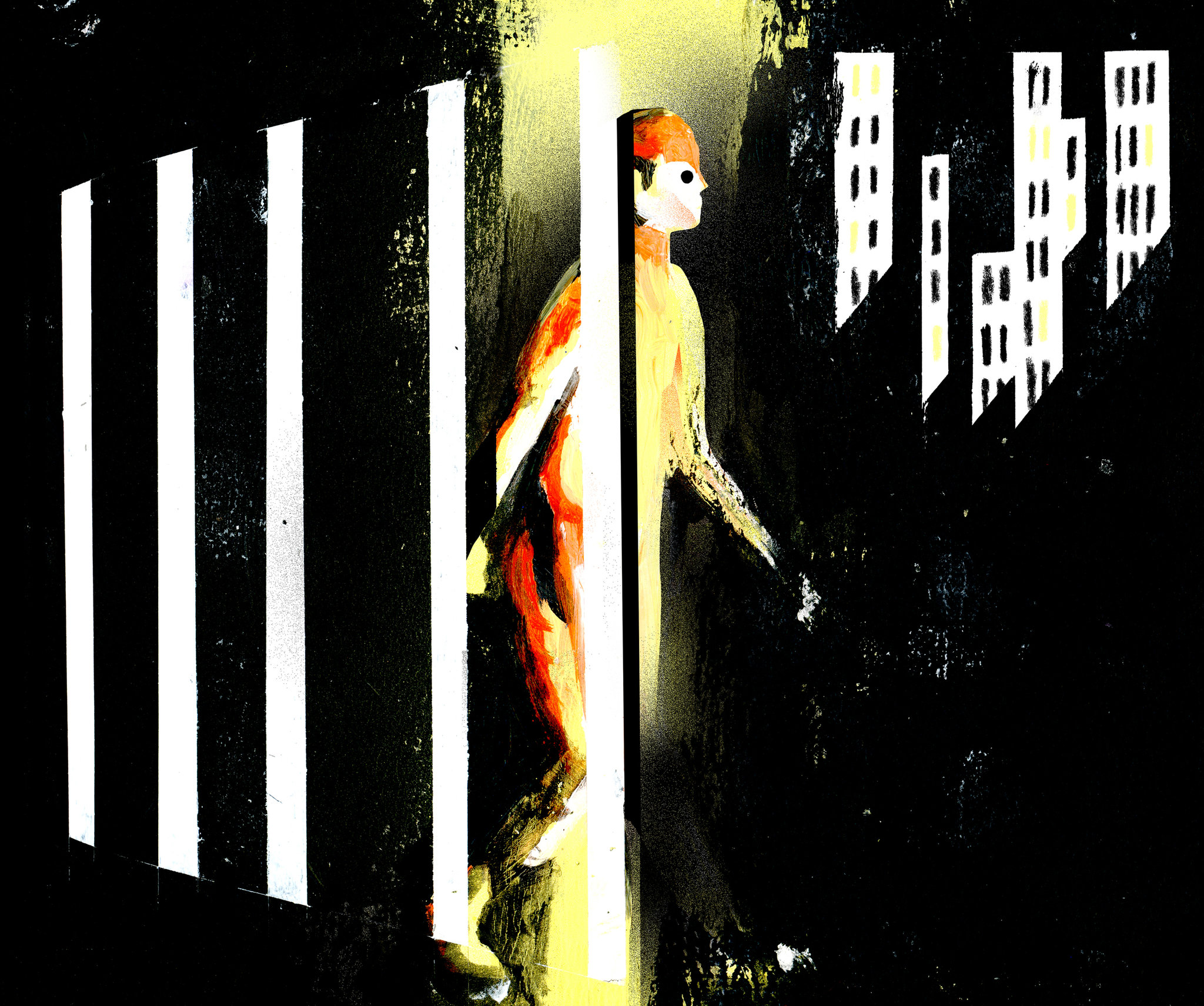Life After Wrongful Conviction
The New York Times, Sunday Review, May 29, 2016
Springfield, Mass. — IT’S hard to imagine worse luck than getting locked up for a crime you did not commit. And yet for people who have been convicted and later cleared — almost 1,800 in the United States since the late 1980s — the unlucky streak may continue. It turns out that where you spent your prison years determines how much help you get starting over, if you get any at all.
Take Mark Schand, who spent 27 years in the Massachusetts prison system for the 1986 murder of Victoria Seymour, a 25-year-old killed by a stray bullet outside a nightclub in Springfield.
For years, defense lawyers argued that Mr. Schand, who at the time was preparing to open a clothing store, was miles away from the crime, that witnesses had been coerced and that evidence had been manipulated. Mr. Schand eventually brought in investigators from the New Jersey innocence organization, Centurion Ministries, who persuaded a crucial witness to recant. In 2013, a judge granted a motion for a new trial based on newly discovered evidence, and he freed Mr. Schand. The local district attorney later dismissed the charges.
By then, Mr. Schand had missed out on raising three sons, pursuing a career in retail and living with his wife, Mia. Yet he wasn’t particularly bitter. “I was just happy I was out,” he said. “And I figured I’d just focus on that day forth.”
But after the initial euphoria of freedom, Mr. Schand assumed the state would come knocking to make things right. After all, offenders in Massachusetts get housing assistance, job training, health care, even help opening a bank account after they’re released. Isn’t an innocent man equally deserving?….
